The Security Advantages of No Code and Low Code Platforms Compared to Custom Code
In today's fast-paced digital world, companies must develop applications quickly without compromising security. No code and low code platforms, such as Xano, respond to this need by offering not only speed and efficiency, but also improved security features that often exceed those of custom-coded solutions. Let's look at why these platforms are more secure and how they manage to keep your data safe.
Understanding the No Code and Low Code Platforms
The no-code and low-code platforms allow users to create applications with very little or no code. These tools use visual interfaces and drag-and-drop functionality to simplify the development process. While no-code platforms are designed for non-programmers, low-code platforms are aimed at both non-developers and professional programmers, allowing for greater customization.
Watch our video on YouTube for a detailed explanation of what no code is and how integration with artificial intelligence can transform the way you work: Watch the video.
The Security Advantage: Why No Code and Low Code Are Safer
1. Integrated Security Features
One of the main reasons why no code and low code platforms are more secure is because they have built-in security features. These platforms are designed with security at their core, offering pre-configured security measures that are constantly updated by the platform's vendors. For example, Xano guarantees excellent security through various certifications and compliance measures.
2. Compliance with High Standards
Platforms like Xano proactively seek compliance audits to meet the highest data security standards. They comply with several critical certifications, including:
- SOC 2 Type II: Evaluate security controls, availability, treatment integrity, confidentiality, and privacy.
- ISO 27001:2013: Defines the requirements for an information security management system (ISMS), helping to manage information risks.
- ISO 27701:2019: Provides guidelines for managing privacy information, essential to comply with global privacy regulations.
- HIPAA: It ensures the protection of health information, which is crucial for healthcare applications.
- GDPR: It complies with European Union regulations for data protection and privacy.
These certifications demonstrate that platforms like Xano are committed to maintaining the highest security standards, offering a level of protection that would be expensive and complex to achieve with custom code.
For more details on Xano's security measures and certifications, visit their website: Learn more about Xano security.
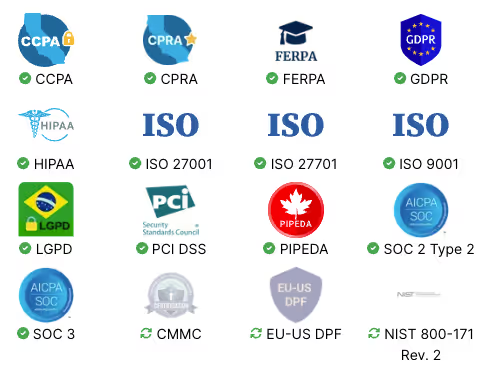
3. Regular Security Audits and Penetration Tests
To maintain their security advantage, no-code and low-code platforms undergo regular security audits and penetration tests. Xano, for example, performs OWASP web penetration test to identify and resolve vulnerabilities, ensuring robust protection against cyberattacks.
4. Automated Security Updates
Unlike custom-coded solutions, which require manual updates and patches to address security vulnerabilities, no-code and low-code platforms provide automated security updates. This proactive approach ensures that applications built on these platforms are always protected against the latest threats.
Lower Maintenance Costs
Custom code requires ongoing maintenance to ensure security and compliance. This can be a significant waste of resources, both in terms of time and money. The no-code and low-code platforms alleviate this burden by managing security updates and compliance checks on behalf of the user. This means that companies can focus on innovation and growth rather than worrying about maintaining secure code.
Find out how an international human resources consulting firm reduced maintenance costs and improved security with no-code platforms thanks to our intervention. Discover the Apraise use case.
Conclusion
In summary, no code and low code platforms such as Xano offer a safe and efficient alternative to custom code. By integrating security features, meeting strict compliance standards, and providing automatic updates, these platforms not only improve security but also reduce maintenance costs. For companies that want to develop applications quickly and securely, no code and low code solutions are the way to go.
If you are a CEO and want to optimize your processes, don't miss the opportunity to be selected for a free audit. Find out how our no-code solutions can improve your company's security and efficiency.
Fill out the questionnaire to be selected and receive a free audit!




.avif)


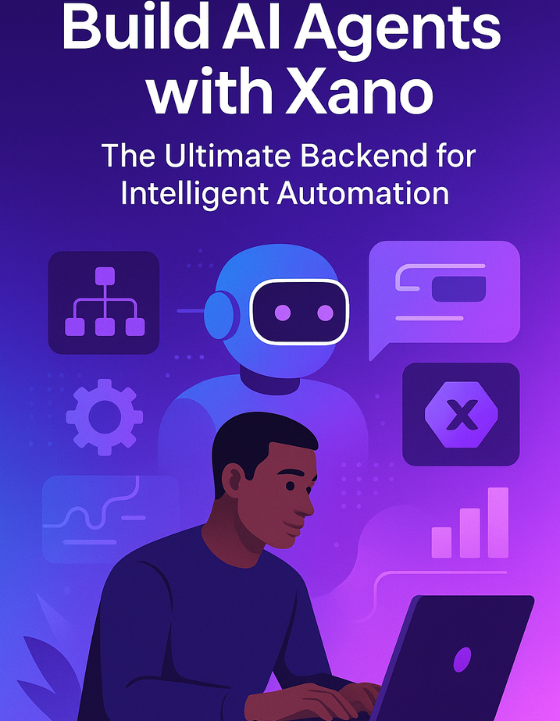
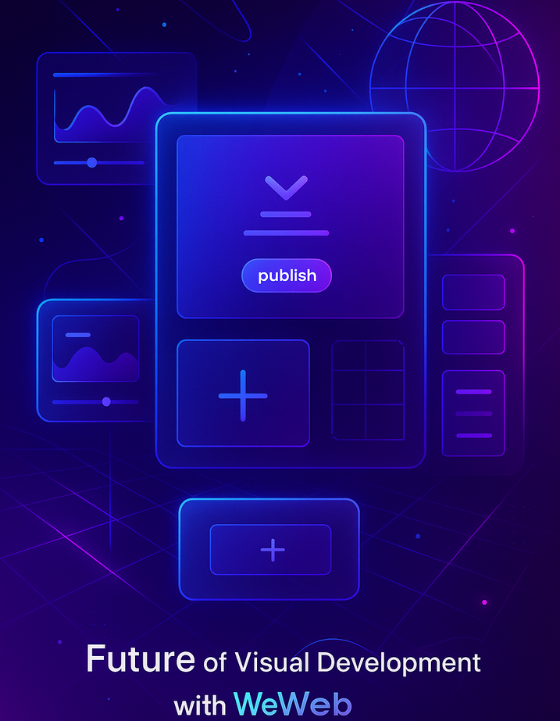
.png)
.png)
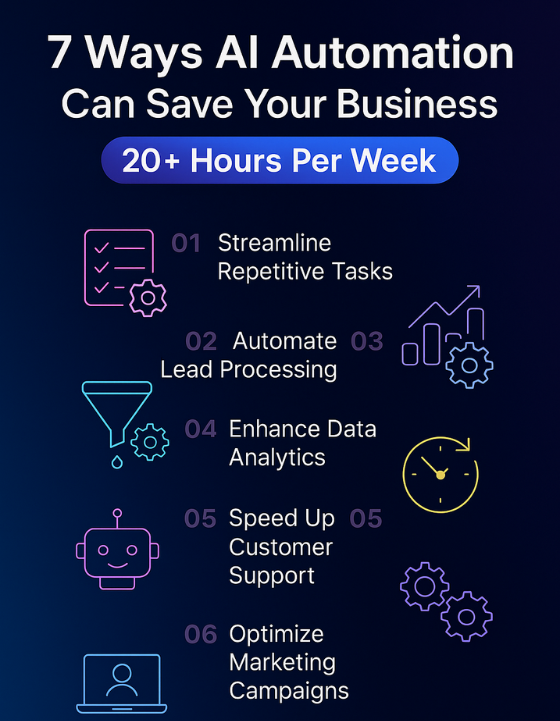
.jpg)
.jpg)
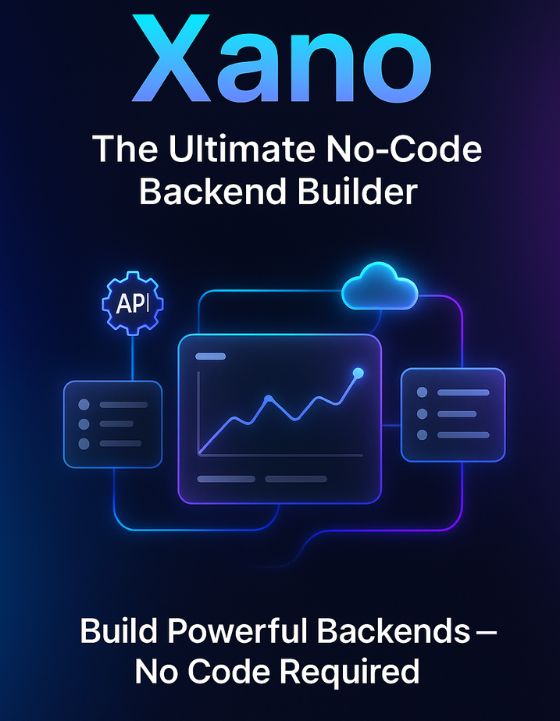
.png)
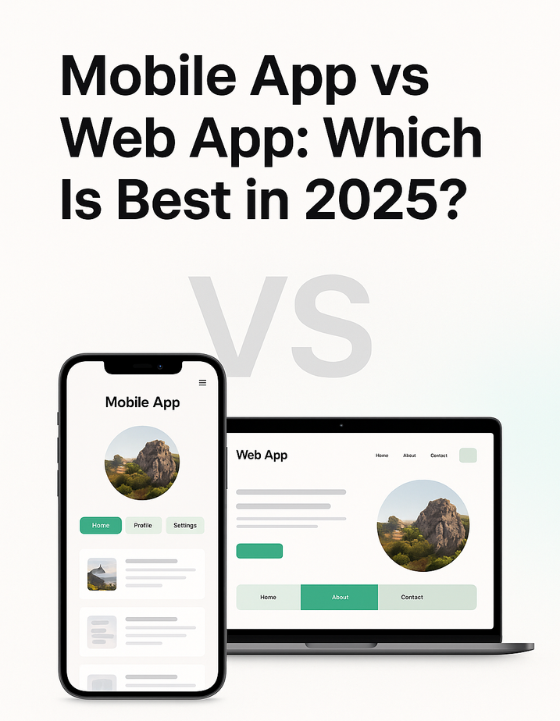
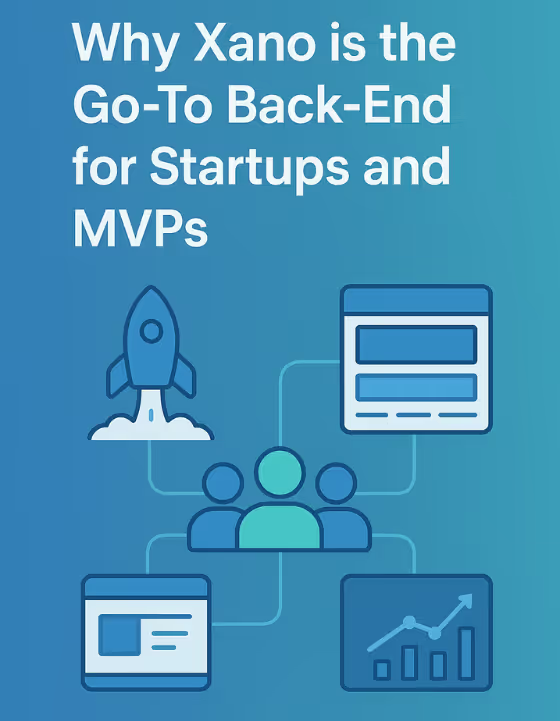


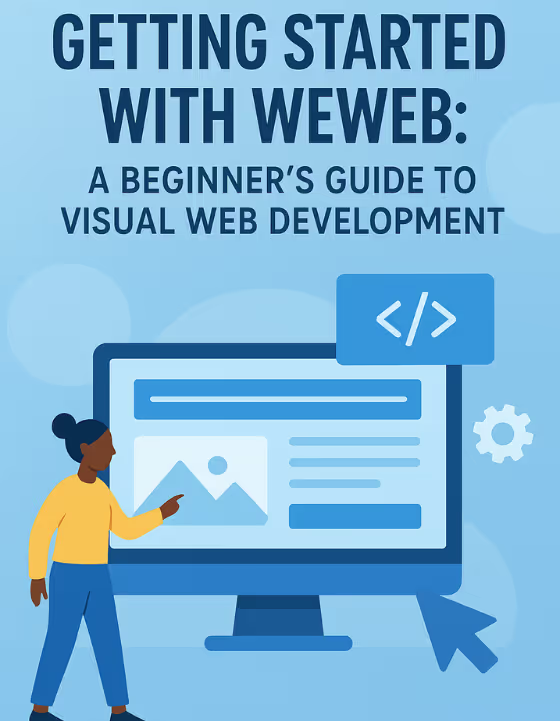
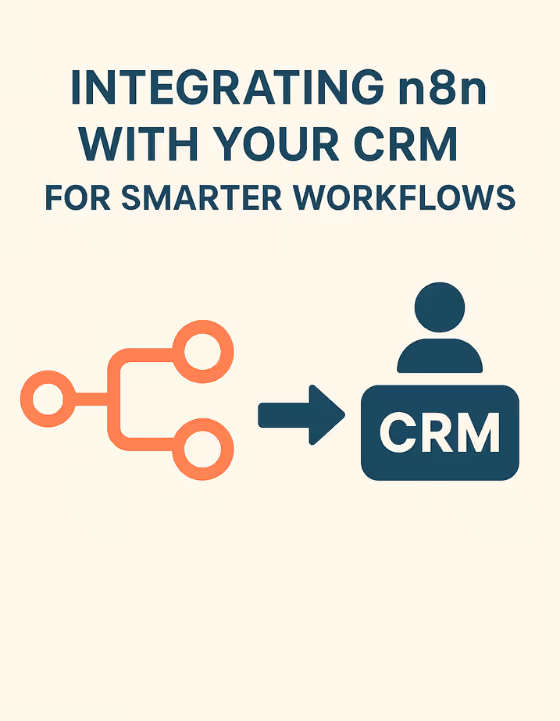
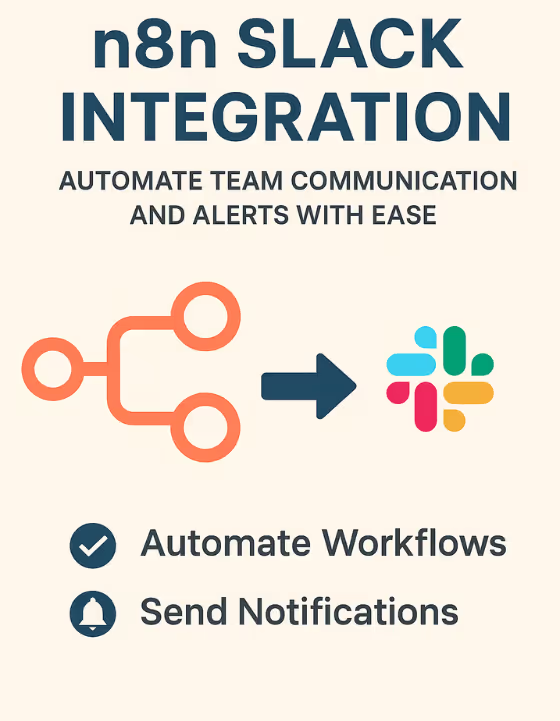














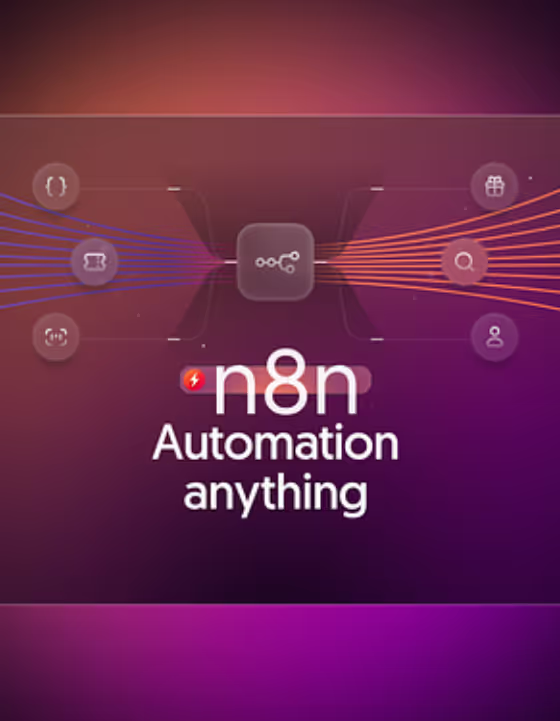


.avif)






















.avif)














.avif)

.webp)





